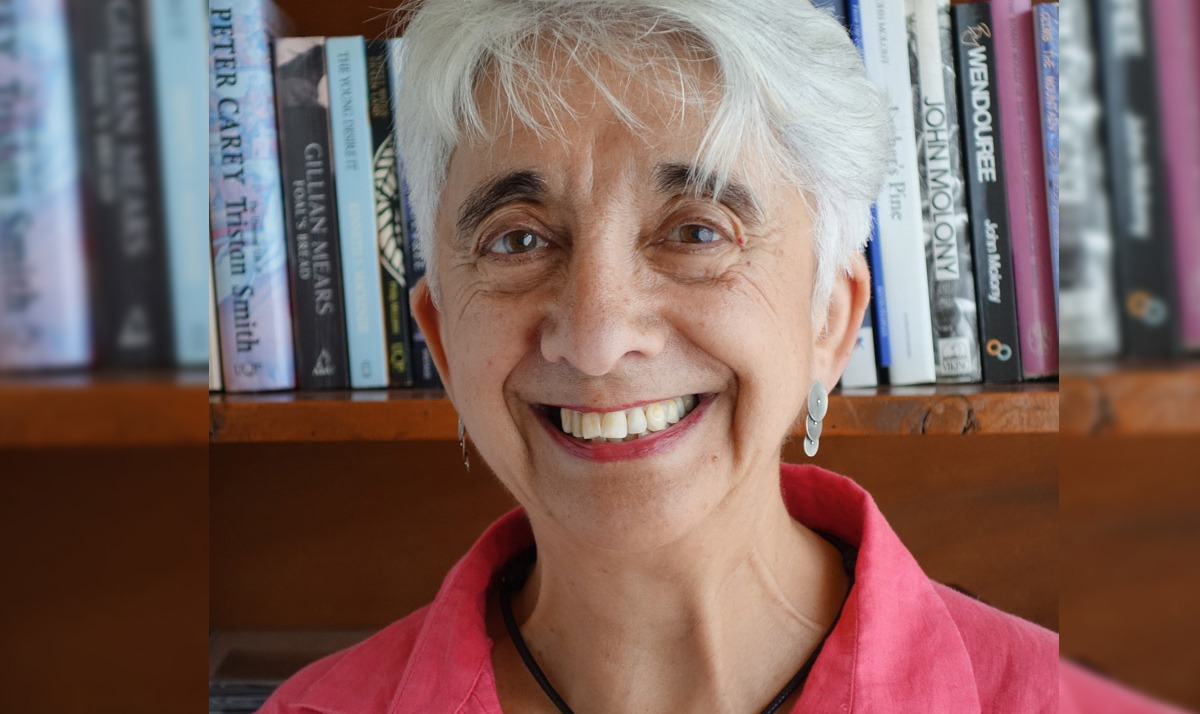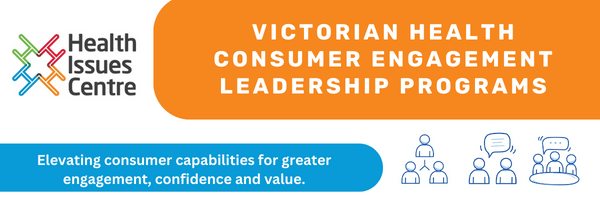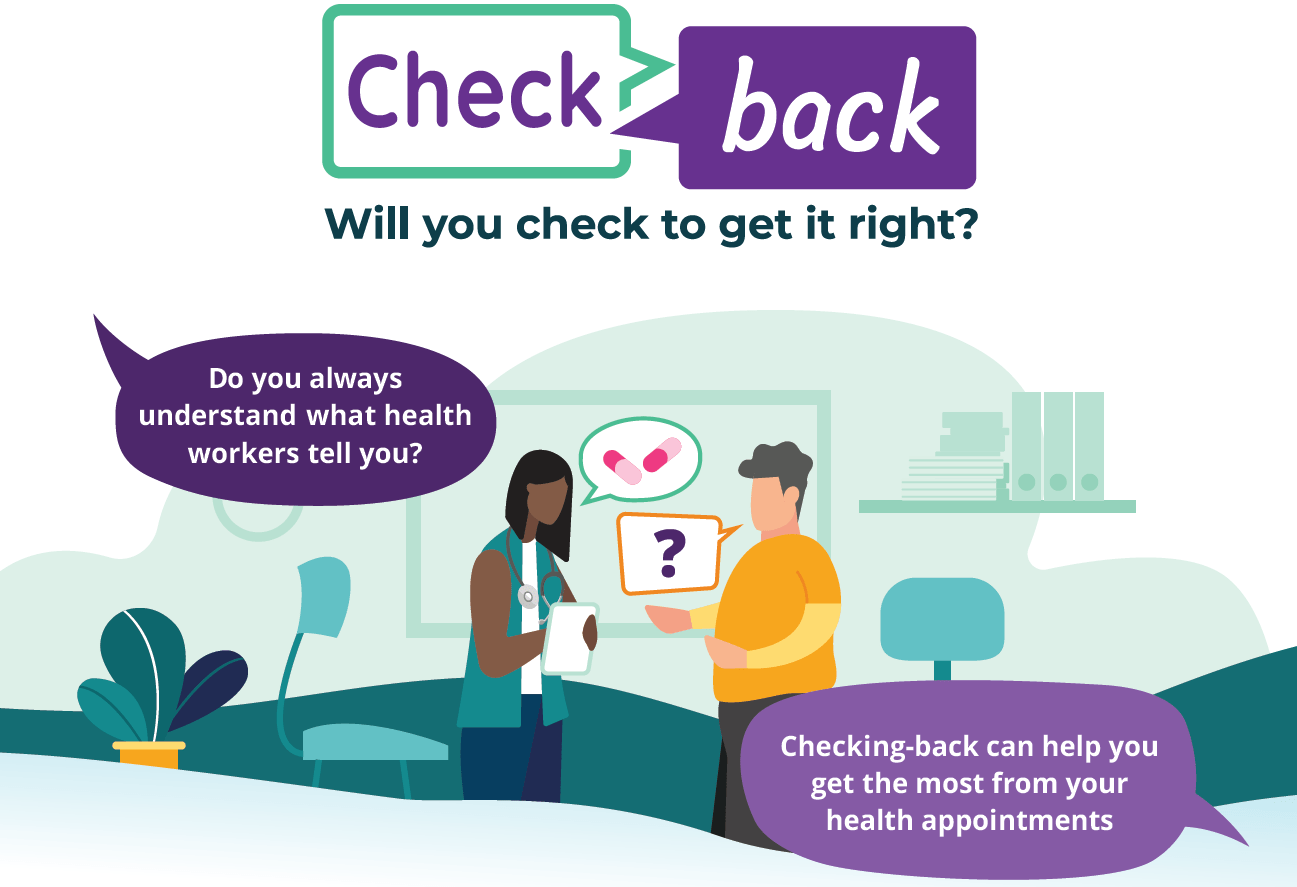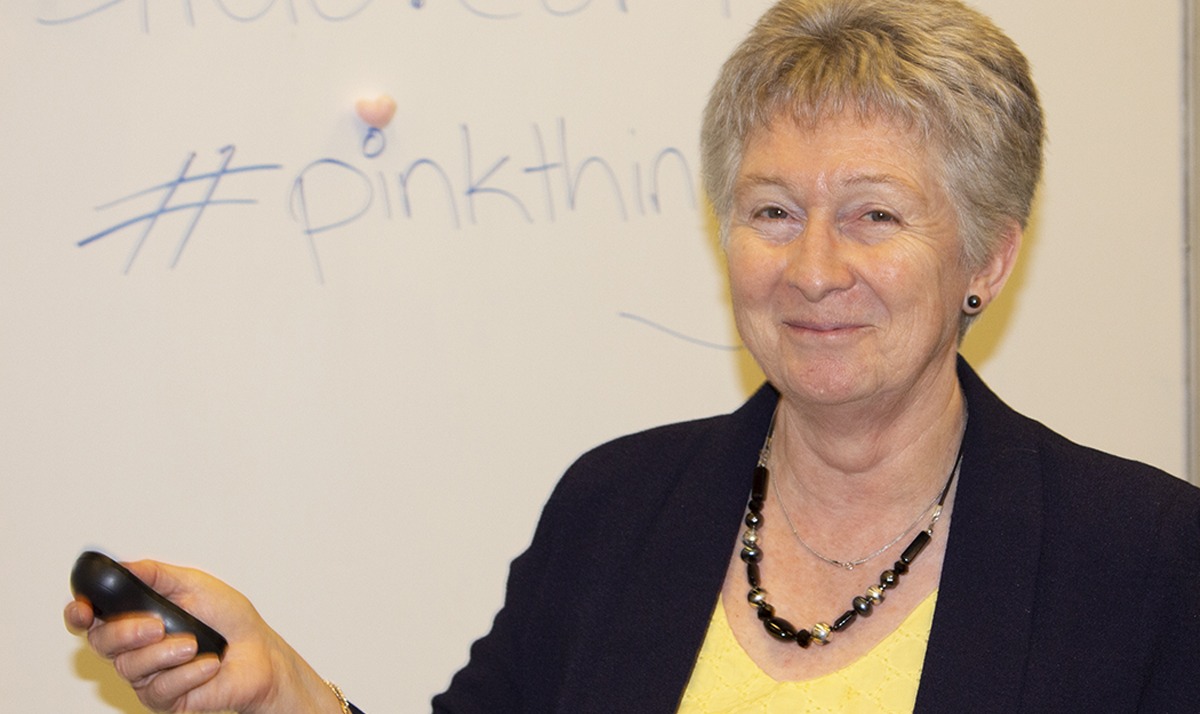Turning heartbreak into a voice for change
Natalie Ross knows more about the Australian healthcare system than she ever wished to know. She took an early retirement 12 years ago to care for her mother until her death six years later. Then her son became seriously ill. Then she lost her stepson to cancer after a four-year illness.
She‘s stoic in the face of such losses.
“I felt like doing some head work rather than the heart work,” she says of her decision to become a consumer representative.
And with that, she plunged herself into a whole new world of advisory groups, committees and sub-committees – often representing the voice of consumers and carers on several at once.
“I want to make the health system better; to help others understand the system,” she explained.
“When you are in the health system as a user of the health system – when you are on your back – navigating the health system is really, really hard. Helping others to understand is important.
“I want to give something back. My son’s life was saved. I want to use my skills and learn new skills. I want to work with others on a common cause.”
A gift that gives both ways
She said the experience was far from one-sided.
“I get a great sense of satisfaction from doing this. I enjoy the good relationships with people I work with. I probably enjoy seeing some positive changes, but change is slow.”
Some of her friends are still largely confused about how she spends her time.
“When I’m off to a meeting my friends will often ask what do you do there? You’re not a medical person,” she said.
“Explaining to people what a consumer rep does is very important. As a consumer buddy engaged with the Walter and Eliza Hall Institute, I help the scientists explain what they are doing in language that’s accessible to people who are not scientists. The fact that I don’t know anything about what they are doing is an advantage because if they can explain it to me and I can understand it, then they can explain it in their submission in language that will make sense to a layperson.”
Your contribution is important
She said consumers could offer enormous value to the healthcare system and many people had no idea how important their contribution could be.
“One of the things I bring to my consumer work is my professional experience with language teaching and communication. For many years I was a teacher of English as a Second Language,” she said.
“I am very aware that if we give people written language and they don’t understand the information that’s given to them – especially when they are sick and they are not in a position to check or clarify – then that leaves them really vulnerable and powerless to help themselves.
“I have done things like check materials and apply plain English principles. Other people are engineers or IT people or all sorts of other backgrounds and they can contribute in unique ways.”
She said Professor Grant McArthur, Executive Director of the Victorian Comprehensive Cancer Centre – who some people refer to as “the patron saint of consumer engagement” – is known to say, “I don’t like the word ‘consumer’”.
“He likes to say, ‘We are experts by experience’ and we contribute that experience having lived through it or looked after someone. People say but I don’t know about these things but you do. You know.”
Natalie has been a consumer rep friend of Health Issues Centre for many years. She presents the consumer perspective at Health Issues Centre’s courses and was an inaugural participant in Health Issues Centre’s Course in Consumer Leadership (10163NAT).
Find out more.






